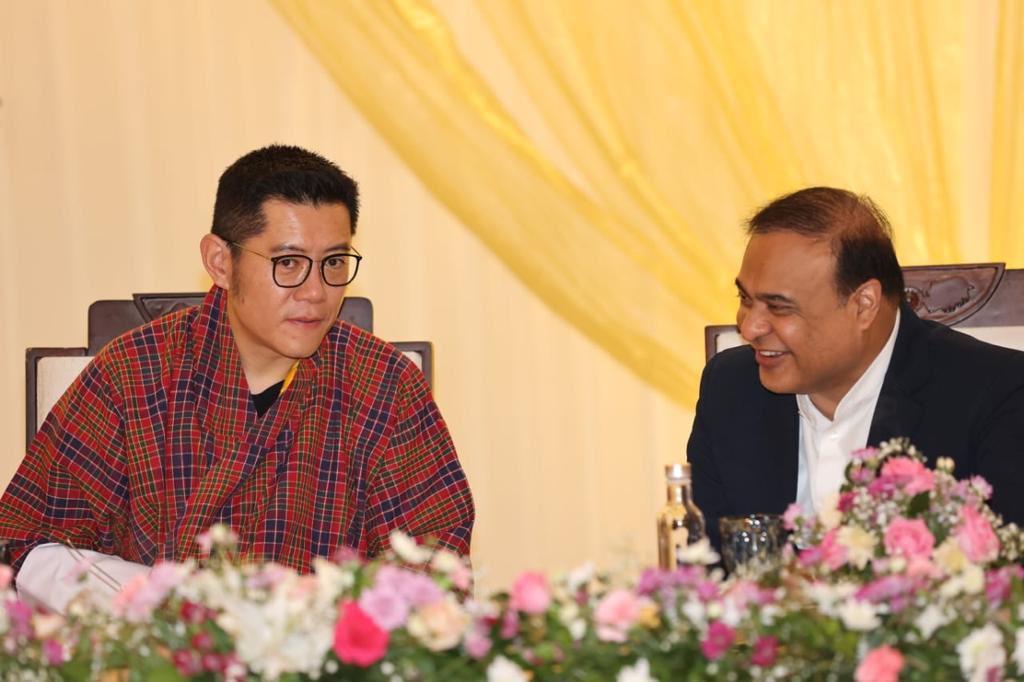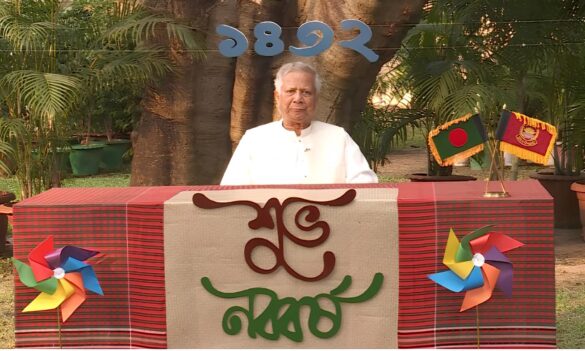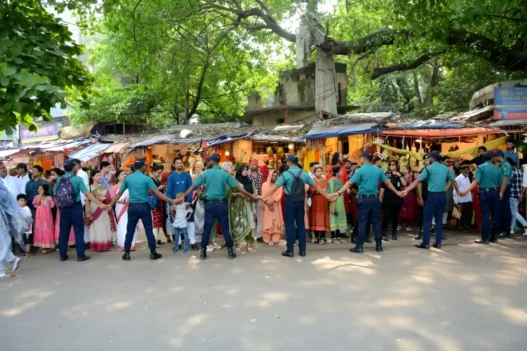Bhutanese King Jigme Khesar Namgyel Wangchuck revealed plans for the construction of a colossal “international city” spanning over 1,000 sq. km. on the Bhutanese border with Assam, on December 17. The announcement, outlined the project as a transformative “economic corridor” connecting South Asia to Southeast Asia via India’s northeastern states,.
This railway connection, along with roadways and border trading points into Assam and West Bengal, is envisioned to open avenues for Bhutan to establish links with Myanmar, Thailand, Cambodia, and Singapore over time.
Expressing gratitude to Prime Minister Narendra Modi and the Government of India, King Jigme Wangchuck highlighted the agreement to construct the first India-Bhutan railway line to Gelephu.
According to reports, the ambitious Gelephu project is set to include an international airport, zero emission industries, and a mindfulness city catering to Bhutan’s strengths in tourism and wellness. Unlike a conventional special economic zone (SEZ), King Jigme described Gelephu as a “Special Administrative Region,” operating under distinct laws to facilitate increased international investment.
In an address that marked an “inflection point” in Bhutan’s history, King Jigme emphasised the significance of the project and stressed on the importance of compensating with the quality of skills while acknowledging Bhutan’s smaller population.
The King’s proactive approach included discussions with Indian leaders and industrialists during two visits to India this year. Meetings with Prime Minister Modi, Assam Chief Minister Himanta Biswa Sarma, and prominent figures such as Mukesh Ambani, Gautam Adani, and representatives from Tata, Birla, and Mahindra groups took place, fostering support and commitment for the Gelephu project.
Expressing gratitude for India’s commitment to enhancing infrastructure connections, including major roads and railway lines to Bhutan, King Jigme Wangchuck commended the goodwill and support from the Indian government.
The announcement generated anticipation among Bhutanese citizens, with local media billing the “Green City” plan as a “new dawn for Drukyul.” The Gelephu Smartcity Project, as officially confirmed by the King, aims to adhere to environmental standards and sustainability goals while attracting “quality investment” from specially screened international companies.
The announcement comes just days after the United Nations declared Bhutan’s departure from the category of Least Developed Countries (LDCs), despite economic challenges stemming from the COVID-19 pandemic, hydropower project debts, and reduced tourism revenues.







